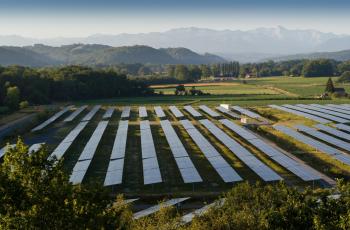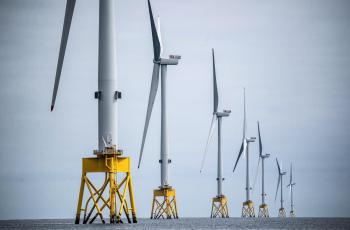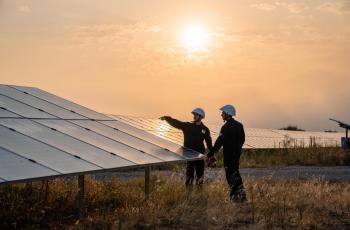Membership review by the Company
TotalEnergies joins national and international business and industry associations, particularly when collective action is more effective than isolated steps. Through these organizations, the Company can help define technical standards, for example, but also make its voice heard with regard to government regulations or policies related to its business. The Company reviews internally, every two years, the comprehensive list of professional associations and chambers of commerce it is member of. The last membership review was carried out based on the status as of 31/12/2022.
Alignment review by the Company of those associations with TotalEnergies’ Strategy
Since 2019, based on the list resulting of the above review, TotalEnergies has conducted a biannual assessment on the main industry organizations about their public positions on climate. The Company examines whether those positions are aligned with its own, based on the six principles from its Advocacy Directive:
- TotalEnergies recognizes the link established by science between human activities, in particular the use of fossil fuels, and climate change.
- TotalEnergies recognizes the Paris Agreement as a major step forward in the fight against global warming and supports the initiatives of the implementing States to fulfill its aims.
- TotalEnergies supports the implementation of carbon pricing.
- TotalEnergies supports policies, initiatives and technologies aimed at promoting the development of renewable energies and sustainable bioenergies (biofuels, biogas) as well as energies and technologies aimed at decarbonizing industrial processes and transportation, such as hydrogen, carbon capture and the electric vehicles.
- TotalEnergies promotes the role of natural gas as a transition fuel, in particular as a replacement for coal. TotalEnergies supports policies aimed at measuring and reducing methane emissions to move towards the ambition of zero methane emissions. TotalEnergies promotes a policy of reducing greenhouse gas emissions: avoid - reduce by using the "best available technologies" - offset the minimized residual emissions.
- TotalEnergies supports the carbon offset mechanisms necessary to achieve carbon neutrality, through organized and certified markets ensuring the quality and sustainability of carbon credits.
Read the complete review of associations performed in 2023 (PDF)







